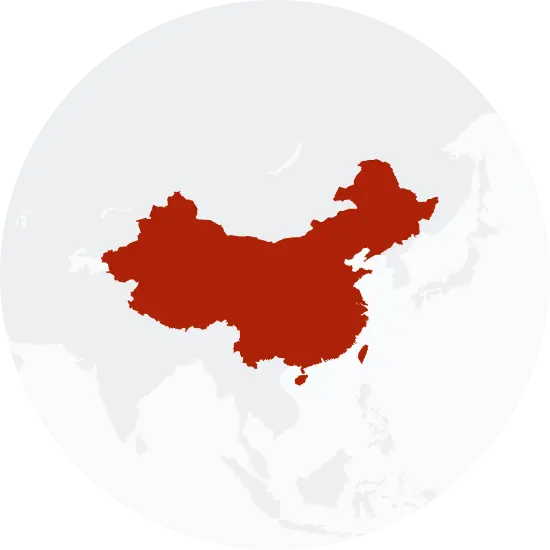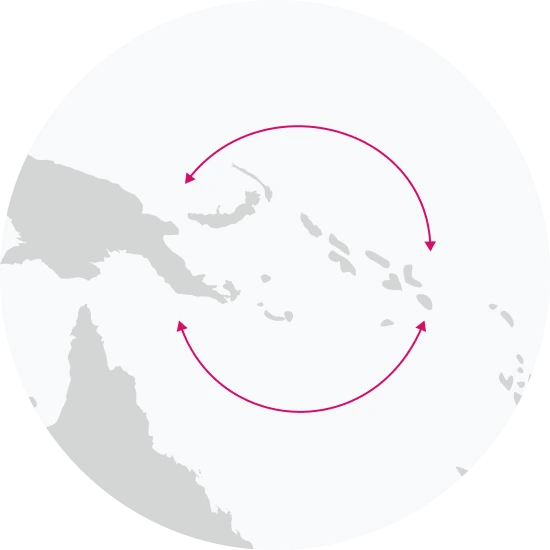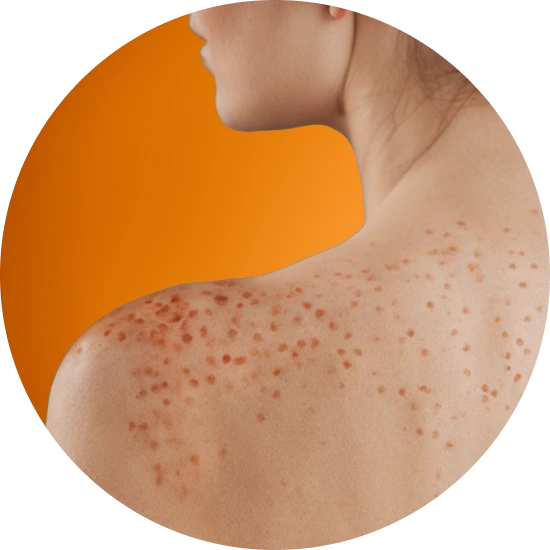Explore the Family Name Chu
How common is the last name Chu in the United States?
Based on the Decennial U.S. Census data, the popularity of the surname "Chu" has seen a slight increase between 2000 and 2010. In 2000, "Chu" was ranked as the 1328th most popular surname in the U.S., with a count of 24,381 and a proportion per 100k being 9.04. By 2010, the rank had improved to 1238 with a substantial count increase to 28,508 and a proportion per 100K people rising to 9.66. This indicates an overall popularity change of 6.78% across the decade.
| 2000 | 2010 | Change | |
|---|---|---|---|
| Rank | #1,328 | #1,238 | 6.78% |
| Count | 24,381 | 28,508 | 16.93% |
| Proportion per 100k | 9.04 | 9.66 | 6.86% |
Race and Ethnicity of people with the last name Chu
The ethnicity associated with the surname "Chu", according to the Decennial U.S. Census, is predominantly Asian/Pacific Islander. In 2000, around 93.37% of the bearers of this surname identified as Asian/Pacific Islander, dropping slightly to 92.14% by 2010. Individuals identifying with two or more ethnic identities rose from 2.76% in 2000 to 3.30% in 2010, marking a significant change of 19.57%. Those who identify as White increased from 2.47% to 2.61%, while those identifying as Hispanic saw a considerable rise from 1.22% to 1.68%. However, no individuals with the surname "Chu" identified as Black or American Indian and Alaskan Native in either 2000 or 2010.
| 2000 | 2010 | Change | |
|---|---|---|---|
| Asian/Pacific Islander | 93.37% | 92.14% | -1.32% |
| Two or More Races | 2.76% | 3.3% | 19.57% |
| White | 2.47% | 2.61% | 5.67% |
| Hispanic | 1.22% | 1.68% | 37.7% |
| Black | 0% | 0% | 0% |
| American Indian and Alaskan Native | 0% | 0% | 0% |
Chu ancestry composition
23andMe computes an ancestry breakdown for each customer. People may have ancestry from just one population or they may have ancestry from several populations. The most commonly-observed ancestry found in people with the surname Chu is Chinese, which comprises 72.4% of all ancestry found in people with the surname. The next two most common ancestries are Vietnamese (6.3%) and Korean (5.6%). Additional ancestries include Chinese Dai, British & Irish, French & German, Filipino & Austronesian, and Spanish & Portuguese.
Ready to learn more about your ancestry? Get the most comprehensive ancestry breakdown on the market by taking our DNA test. Shop 23andMe
| ANCESTRY BREAKDOWN | COMPOSITION |
|---|---|
| Chinese | 72.4% |
| Vietnamese | 6.3% |
| Korean | 5.6% |
| Other | 15.6% |

Possible origins of the surname Chu
Your DNA provides clues about where your recent ancestors may have lived. Having many distant relatives in the same location suggests that you may all share common ancestry there. Locations with many distant relatives can also be places where people have migrated recently, such as large cities. If a large number of individuals who share your surname have distant relatives in a specific area, it could indicate a connection between your surname and that location, stemming from either recent ancestral ties or migration.
Based on 23andMe data, people with last name Chu have recent ancestry locations in China and Taiwan.
| RECENT ANCESTRY Location | Percentage |
|---|---|
| Guangdong, China | 56.40% |
| Zhejiang, China | 54.20% |
| Fujian, China | 53.70% |
| Jiangsu, China | 53.70% |
| Shanghai, China | 53.60% |
What Chu haplogroups can tell you
Haplogroups are genetic population groups that share a common ancestor on either your paternal or maternal line. These paternal and maternal haplogroups shed light on your genetic ancestry and help tell the story of your family.
The top paternal haplogroup of people with the surname Chu is O-F11, which is predominantly found among people with East Asian & Indigenous American ancestry. Haplogroup O-F11 is descended from haplogroup O-M1359. Other common haplogroups include O-F8 and O-F46, which are predominantly found among people with East Asian & Indigenous American and East Asian & Indigenous American ancestry. Other surnames with similar common haplogroups are: Chang, Xu, Zhou, Wang, Wong, Chen, Cheung, Huang, Wu, Tang.
The most common maternal haplogroups of people with Chu surname are: F1a1, F2, M7b. These most commonly trace back to individuals of East Asian & Indigenous American ancestry.
 Paternal Haplogroup Origins O-M1359
Paternal Haplogroup Origins O-M1359
Your paternal lineage may be linked to many of the Massim groups of Papua New Guinea
Haplogroup O2a is prevalent among Massim ethnic groups, including the populations of Airara, Nomanby, the eastern tip of the mainland, the Trobriand Islands, Gawa, Woodlark, the Laughland Islands, and western Calvados. While Papua New Guinea has been inhabited for over 50,000 years, the Massim may have arrived in the last 2,000 years. Today, these populations remain connected through a traditional island trading system called the Kula Ring. Under this exchange system, residents ensure that goods that are only available on some islands, but that are vitally needed in other islands, are shared among the island populations. Only Massim men participate in the Kula exchange system, and it is common for men to be away from home for months at a time when trading with men from other islands.
Your maternal lineage may be linked to the ancient people of the Indian subcontinent
While Haplogroup M is widespread throughout South and East Asia, it is more diverse on the Indian sub-continent than anywhere else in the world. The high degree of diversity of M in India is likely tied to its ancient arrival here nearly 50,000 years ago. In addition to M2, which is found throughout the subcontinent, there are dozens of haplogroups branching off of M that exist in India. These branches are often connected to specific regions, tribes, or ethnic groups. For example, haplogroup M18 is found among the Oraon peoples of eastern India and Bangladesh, while haplogroup M41 is common among the Pardhan speakers of eastern India, and haplogroup M31a can be found on the Andaman Islands, just off the southeast coast of India.

What do people with the surname Chu have in common?
Spoiler alert: it's complicated. People with the same last name are usually no more genetically similar than a randomly sampled group of people from the same population. That said, people with the same surname are more likely to have similar ancestries than randomly sampled individuals. The reason is the tendency of people with similar cultural or geographical backgrounds to preferentially mate with one another. That's why people who share a surname may be more likely to share traits and tendencies in common than people within the general population. Check out the percentages below to see the prevalences of tastes, habits, and traits of people with your surname compared with prevalences among 23andMe users.
Preferences
Traits
Habits
Wellness
Are health conditions linked to the last name Chu?
The short answer is that, if there is an association between surname and health, it's usually more about your ancestry than your name. Individuals with a given surname are no more genetically similar than the general population but often have similar ancestries. The populations of people associated with those shared ancestries often have sets of genetic variations, also known as alleles, in common. Some of those alleles are associated with a greater likelihood of developing certain diseases.
Disease variant frequency by ancestry
Disease allele frequencies in populations associated with the surname Chu are shown below. Important Note: not everyone with a disease allele will develop these health condition























